
To help faculty prepare for Flex Fall, IDEA Hub and the William G. Jackson Center for Teaching and Learning have organized a series of events, each including Flex Fall Q&A sessions and discussions about teaching.
Click the below links to register and receive a Google calendar invitation and the Zoom link. Questions? Email margaret@mtu.edu.
Session #2: Wednesday, June 17, 3:00 – 4:30 pm. Online Teaching Showcase
Teaching, Q&A: 3 – 3:30 pm; Teaching Showcase, Discussion: 3:30-4:30 pm)
Session #3, Wednesday, June 24, 3-5 pm: Develop Innovative Solutions
(Teaching, Q&A: 3 – 3:30 pm, Design Thinking Workshop: Develop Innovative Solutions: 3:30 – 5 pm)
Session #4: Wednesday, July 1, 3 to 5 pm: Prototype Your Innovative Solutions
(Teaching, Q&A: 3 to 3:30 pm; Design Thinking Workshop–Prototype Your Innovative Solutions: 3:30 – 5 pm)
Read the full story in Monday’s Tech Today.

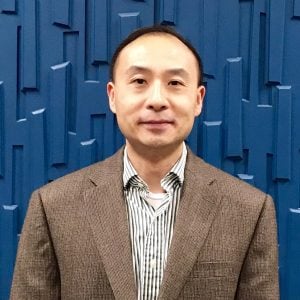
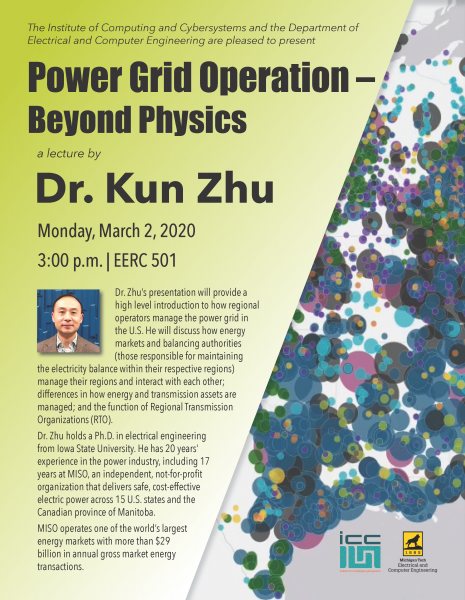
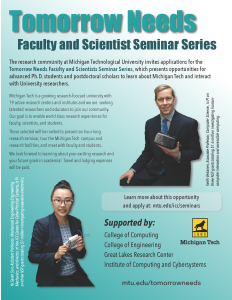
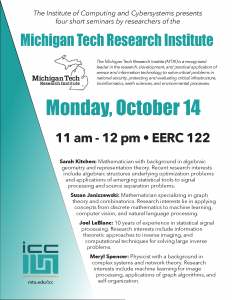
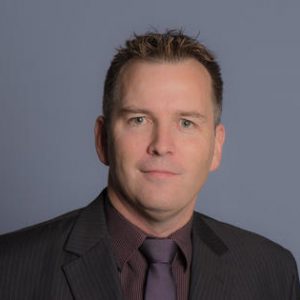
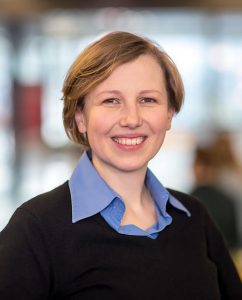 The Institute of Computing and Cybersystems (ICC) and the Michigan Tech Visiting Professor Program will present a seminar by Dr. Anna Wilbik on Thursday, October 3, starting at 3:00 p.m., in ME-EM 112 . A reception will follow and refreshments will be served. The title of Dr. Wilbik’s seminar is, “The explainability challenge in descriptive analytics: do we understand the data?”
The Institute of Computing and Cybersystems (ICC) and the Michigan Tech Visiting Professor Program will present a seminar by Dr. Anna Wilbik on Thursday, October 3, starting at 3:00 p.m., in ME-EM 112 . A reception will follow and refreshments will be served. The title of Dr. Wilbik’s seminar is, “The explainability challenge in descriptive analytics: do we understand the data?”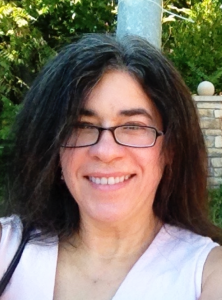 The Department of Mathematical Sciences and the College of Computing will present a lecture on high-performance computing by Dr. Laura Monroe from the
The Department of Mathematical Sciences and the College of Computing will present a lecture on high-performance computing by Dr. Laura Monroe from the 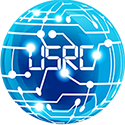
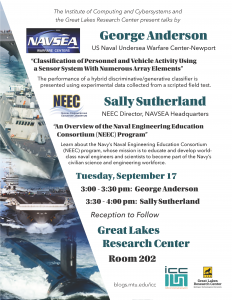 George Anderson and Sally Sutherland of the
George Anderson and Sally Sutherland of the